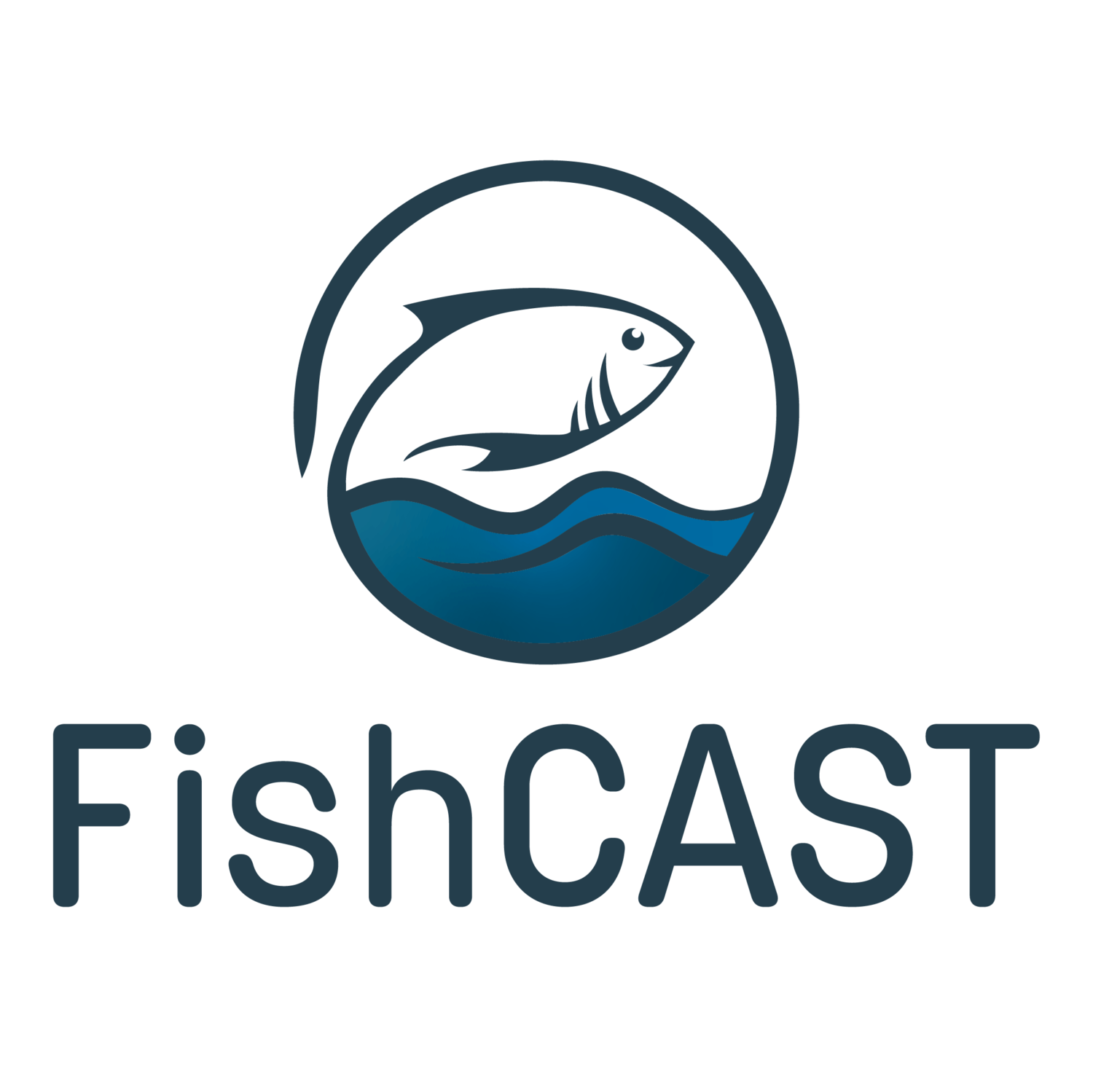FishCAST Trainees-Cohort 2
FishCAST research themes:
(I) Ecosystem / Habitat Assessment
(II) Fisheries Ecology / Exploitation
(III) Fish Health & Fitness
(IV) Fish Culture
-
Morgan Anderson
(she/her)
Cohort 2- Fall 2021
Morgan is a Masters of Biological Science student at the University of Manitoba being co-supervised by Dr. Gary Anderson and Dr. Margaret Docker (she is a University of Windsor Alum!). Her current research focuses on using eDNA to track and monitor spatial and temporal movements of Lake Sturgeon throughout the Winnipeg River. Her research interests include conservation, science communication/outreach and aquatic ecology.
{Research I,III}
University of Manitoba
-

Declan Burton
(he/him)
Cohort 2- Fall 2021
Declan is an International Ph.D. student under the supervision of Dr. Steven Cooke at Carleton University within the Cooke Lab (Fish Ecology and Conservation Physiology Laboratory - FECPL).
Currently studying the impact of stressors upon the phycological response of fish via the developing methodology of mRNA analysis. The overall research is helping to establish the fish health assessment tool being developed under the GEN-FISH project.
His research interests are aquatic ecology, resource management and fisheries science with a strong focus in the angling sector.
{Research Theme III}
Carleton University
-

Jennifer Powell
(she/her)
Cohort 2-Fall 2021
Jennifer is pursuing a PhD in the Department of Physical and Environmental Sciences at the University of Toronto, co-supervised by Dr. Nicholas Mandrak of UofT and Dr. Lauren Chapmen of McGill. She is researching the ecology and physiology of the endangered Lake Chubsucker in the hopes of developing a habitat model for the species and determine its ability to successfully adapt to climate change. Her research interests are broad, but revolve around producing the science required to improve conservation decisions and management.
{Research Theme I}
University of Toronto

